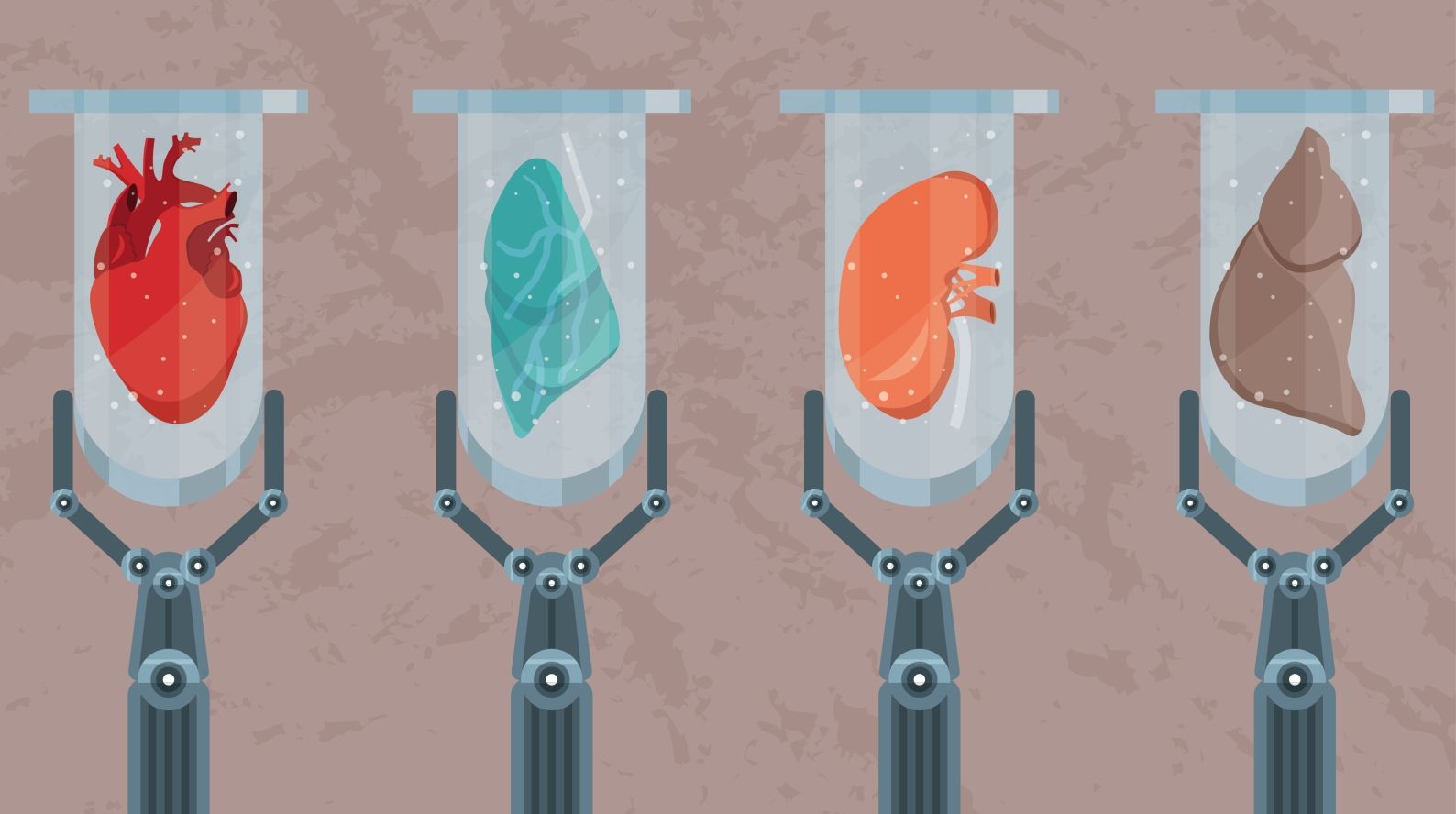
Get the latest international news and world events from around the world.


How to Control a Machine with Your Brain
Jan Scheuermann was one of the first volunteers on DARPA’s Revolutionizing Prosthetics program and became a pioneer in the field of brain-machine interface, controlling first an advanced robotic arm, and then a simulated jet, with her mind alone. The New Yorker tells her story in exquisite detail, along with the story of Nathan Copeland, the volunteer who followed Jan in the research and put his own spin on how it unfolded.
A neuroscientist’s research into the mysteries of motion helps a paralyzed woman escape her body.


Virgin Orbit flies its rocket into the skies for the first time
For the first time, Virgin Orbit has strapped its 21-meter rocket to a modified 747 aircraft and taken to the skies. The company performed this “captive-carry” test flight on Sunday in Victorville, located to the northeast of Los Angeles.
“The vehicles flew like a dream today,” Virgin Orbit Chief Pilot Kelly Latimer said in a news release. “Everyone on the flight crew and all of our colleagues on the ground were extremely happy with the data we saw from the instruments on-board the aircraft, in the pylon, and on the rocket itself. From my perspective in the cockpit, the vehicles handled incredibly well, and perfectly matched what we’ve trained for in the simulators.”

The Times of the Global Screen and the Posthuman Subjectification
Without realizing, a new human being has been born in the brief time since WWII. He does not have the same body, does not have the same life expectancy, does not live in the same space, does not communicate in the same way, does not perceive the same outside world, no longer lives close to nature; born under epidural and with a scheduled birth, he does not face the same death, due to palliative care. He does not have the same mind as his parents and acquires knowledge differently. https://www.bbvaopenmind.com/en/the-times-of-the-global-scre…ification/ https://paper.li/e-1437691924
The global screen has begun: an era in which these devices change the way we are and how we interact with the world.

Space: how far have we gone – and where are we going?
Billionaire entrepreneurs are trying to create rockets fit for human travel, while government agencies spend billions furthering their explorations. But we are still a long way off from making our way to the red planet by Oliver Holmes.

Israeli scientists develop implanted organs that won’t be rejected
“With our technology, we can engineer any tissue type, and after transplantation we can efficiently regenerate any diseased or injured organ — a heart after a heart attack, a brain after trauma or with Parkinson’s disease, a spinal cord after injury”
Breakthrough development uses a patient’s own stomach cells, cutting the risk of an immune response to implanted organs.



NASA Announces Landing Site for Mars 2020 Rover
JUST IN: Jezero Crater will be the landing site of NASA’s next rover being sent to Mars in 2020. This area, with a history of containing water, may have ancient organic molecules & other potential signs of microbial life from billions of years ago.
NASA has chosen Jezero Crater as the landing site for its upcoming Mars 2020 rover mission after a five year search, during which every available detail of more than 60 candidate locations on the Red Planet was scrutinized and debated by the mission team and the planetary science community.
The rover mission is scheduled to launch in July 2020 as NASA’s next step in exploration of the Red Planet. It will not only seek signs of ancient habitable conditions – and past microbial life — but the rover also will collect rock and soil samples and store them in a cache on the planet’s surface. NASA and ESA (European Space Agency) are studying future mission concepts to retrieve the samples and return them to Earth, so this landing site sets the stage for the next decade of Mars exploration.
“The landing site in Jezero Crater offers geologically rich terrain, with landforms reaching as far back as 3.6 billion years old, that could potentially answer important questions in planetary evolution and astrobiology,” said Thomas Zurbuchen, associate administrator for NASA’s Science Mission Directorate. “Getting samples from this unique area will revolutionize how we think about Mars and its ability to harbor life.”